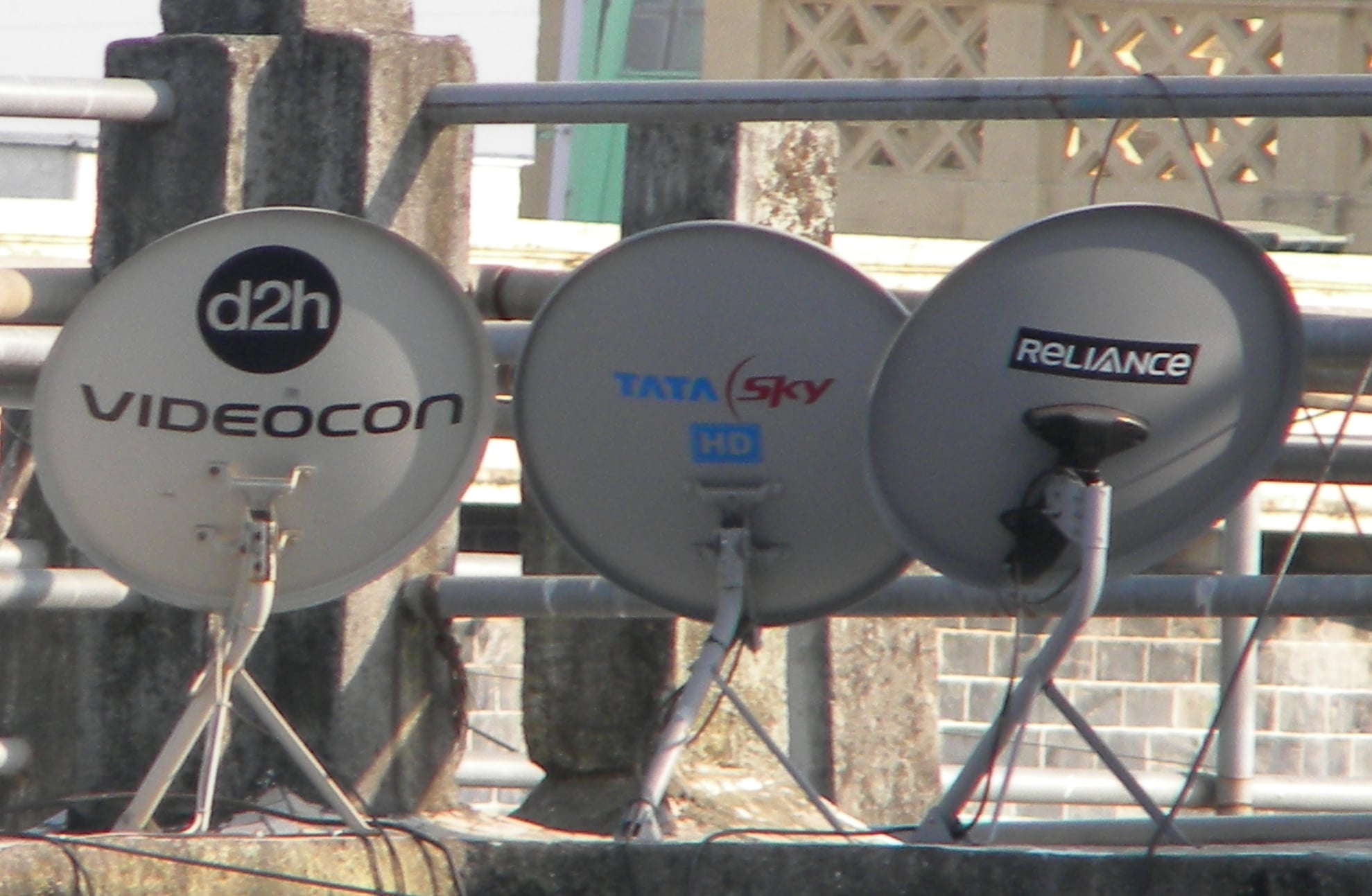Venugopal Dhoot, The Founder Of Videocon Charged 5 lakh by SEBI For Disclosure Lapses
The purpose of the investigation was to find out whether Dhoot violated the Listing Obligations and Disclosure Requirements (LODR) and the provisions of the listing agreement concerning the filings that Videocon Industries was supposed to make to the stock exchanges.

Videocon Group founder Venugopal Dhoot was fined Rs 5 crore by Sebi, besides failing to declare his ownership of Supreme Energy and the fact that QTAPL and CFL were related parties in connection with certain transactions. The order was issued following Sebi’s probe into certain “quid pro quo” arrangements between Venugopal Dhoot and Chanda Kochhar, former MD and CEO of ICICI Bank Ltd., in exchange for providing certain credit facilities to ICICI Bank and certain entities associated with the Videocon group as reported in media reports in March 2018.
The purpose of the investigation was to find out whether Dhoot violated the Listing Obligations and Disclosure Requirements (LODR) and the provisions of the listing agreement concerning the filings that Videocon Industries was supposed to make to the stock exchanges. In its decision, Sebi found that Dhoot did not disclose his ownership of 99.9% of Supreme Energy Pvt Ltd (SEPL) to Videocon Industries at the time SEPL was exposed to the loan. Dhoot allegedly violated the listing agreement by not disclosing his ownership of SEPL as directed by Sebi.
Investigation History Of Videocon’s Founder
The Central Bureau of Investigation (CBI) alleged that between 2010 and 2012, Dhoot transferred SEPL to Deepak Kochhar-run Pinnacle Energy Trust through a convoluted process, in return Dhoot allegedly invested Rs 64 crore through SEPL in Nupower Renewables. Chanda Kochchar’s husband is Deepak Kochhar.
Moreover, according to CBI allegations, ICICI Bank extended credit facilities of Rs 3,250 crore to companies belonging to the Videocon Group in violation of the Banking Regulation Act, RBI norms, and the bank’s credit policy. Besides, Sebi, in its decision, pointed out that Dhoot had not disclosed its ownership of CFL and QTAPL.

In 2000, Videocon Group, founded and sponsored by Dhoot, owned 12.08 lakh or 24.7 percent of CFL; by 2014, it owned 6.84 million shares. However, the company’s annual report found that CFL was not listed as a related party in any of the annual reports maintained by Sebi from FY 2009-10 to FY 2014-15. In response to Dhoot not disclosing QTAPL as a related party, Kavishwar Patil and Vilas Salunkhe were selected as directors of the company, according to Sebi. QTAPL was incorporated in December 2008. It is interesting to note that the directors of the associated companies of the Videocon Group were the same persons.
Before being acquired by the Deepak Kochhar family trust, QTAPL was also under the hands of Tek-care India Limited and Evans Fraser and Co (I) Ltd, which are part of the Videocon Group. Therefore, Dhoot was required to report QTAPL as a related party. Dhoot failed to disclose the information required by the listing agreement and LODR, which was against the law. Dhoot was arrested by the CBI in connection with the ICICI Bank-Videocon loan scam in December and was subsequently granted interim bail by the Bombay High Court in January.
How ‘loan fraud’ contributed to Videocon owner Venugopal Dhoot’s demise
Starting with a family that owned a Bajaj Auto scooter dealership and eventually becoming the owner of a well-known consumer appliance brand that could afford to have Shah Rukh Khan as its brand ambassador, Dhoot’s story is one of a challenging small town. Venugopal Dhoot, who was detained in connection with the ICICI Bank loan scam probe, was not content to rest on his laurels as Videocon became India’s top TV maker at the height of his career.
The late Nandlal Madhavlal Dhoot founded the Videocon Group in 1984, and his eldest son Venugopal was the driving force behind the conglomerate’s decision to diversify away from its lucrative consumer electronics and home appliances business. These new businesses included oil and gas, real estate, and retail. Dhoot, a businessman on safari, lived in a farming family in Ahmednagar, Maharashtra, where his father had a cotton mill and grain wholesale business.
When India’s public broadcaster Doordarshan began broadcasting color television programs in 1982, a new market was created. Here, the Dhoot family tried to make tube-based color televisions. In 1986, he founded Videocon International intending to produce 100,000 televisions a year. Thanks to the technical partnership Videocon established with Toshiba, a large Japanese company, there was no turning back.

One of India’s best-known business tycoons, Venugopal Dhoot, was arrested in December 2022, nearly four years after India’s Federal Investigation Agency opened criminal charges against him for alleged criminal conspiracy and fraud. Chanda Kochhar, the former CEO of ICICI Bank, and her husband Deepak were arrested in connection with an alleged fraud in which Kochhar allegedly approved loans to Dhoot’s firm in exchange for investment opportunities in her husband’s sustainable energy company in 2009. This led to their arrest. ICICI is the third largest bank in India and Kochhar, the renowned CEO of the company, has served as an inspiration for women bankers.
Kochhar and her wife maintained that the funding from Dhoot’s firm was true in response to allegations of quid pro quo. investigators noted in January 2019, and these arrests signal a major turnaround. According to local media reports, Dhoot, who has refuted the allegations, has offered to move to support (giving evidence).
The potential fraud was reported to police by ICICI shareholder Arvind Gupta in 2016, who told the BBC it “may unlock Pandora’s box”. According to Mr. Gupta, the investigation needs to be widened because Kochhar was not the only member of ICICI’s credit committee to approve the loan.
He said all Indian investigative agencies will have to work together across ministries to thoroughly investigate the fraud allegations. Venugopal Dhoot’s work During the 1990s and the first decade of the new century, he was often seen at corporate events, business meetings, and budget meetings. He became a favorite among business journalists for his approachability and readiness to deliver a quick byte or quote, and his thoughts were in high demand.
Dhoot played a significant role in Videocon’s amazing transformation into the home products industry in the 1990s. He grew up in an agrarian family that was allowed to sell Bajaj scooters in Aurangabad and other areas of the western state of Maharashtra. One of the first companies in India to sell color televisions, it later diversified into freezers, air conditioners, and other home appliances. Dhoot played a significant role in Videocon’s remarkable transformation into a consumer goods corporation in the 1990s.

Reasons For Downfall
Hailing from a small town, Dhoot initially struggled with English, but this did not stop him from developing close relationships with businessmen and politicians. Head of retail consultancy Technopak Consultants, Arvind Singhal, says that until the 1990s, it benefited from excessive import duties imposed on global corporations, making it challenging for these brands to compete with Videocon. However, aggressive branding and distribution strategies have also been a major factor behind its success in the market for nearly two decades, outperforming rival domestic brands. Mr. Singhal claimed: “They financed a system of all-India supply and service stores and employed players and film stars.” They dominated the market until 2008-2009, followed by a respectable number two and three. Autumn
Having to defend its core territory, Videocon foolishly expanded into “fictions” like petrol and oil, and telecom and also made the mistake of fiercely competing with South Korean companies like Samsung and LG are the main reasons for the downfall of Dhoot. Videocon Telecommunications was one of the companies whose licenses were revoked in the 2G spectrum scam that involved alleged anomalies in the sale of telecom spectrum licenses after it acquired the spectrum and started commercial operations. It was able to obtain its license in several states; however, it was forced to cease operations after the license was transferred to Bharti Airtel.
Credit Suisse analyzed the situation three years later and found that despite attempts by groups such as Videocon and GMR to reduce deficits through asset sales, their financial pressures “further deepened”, with Dhoot recording some of the highest growth. The Indian bankruptcy court opened bankruptcy proceedings against Videocon in 2018. With less than a year to go, Dhoot also had to deal with a government probe into the ICICI Bank loan that has him currently in custody.

The last scene
Apart from Kochhar, ICICI Bank is a strong organization that appears to have weathered the crisis while investigations into suspected wrongdoing are ongoing.
However, Dhoot will find it difficult to regain his previous leadership position.
According to Amit Tandon, several Indian business owners who expanded on debt during the 21st century experienced comparatively high levels of success and sudden declines. Many of them have lost their businesses or are just a shell of what they once were, affected by a distracted focus and macroeconomic headwinds.
Edited by Prakriti Arora




